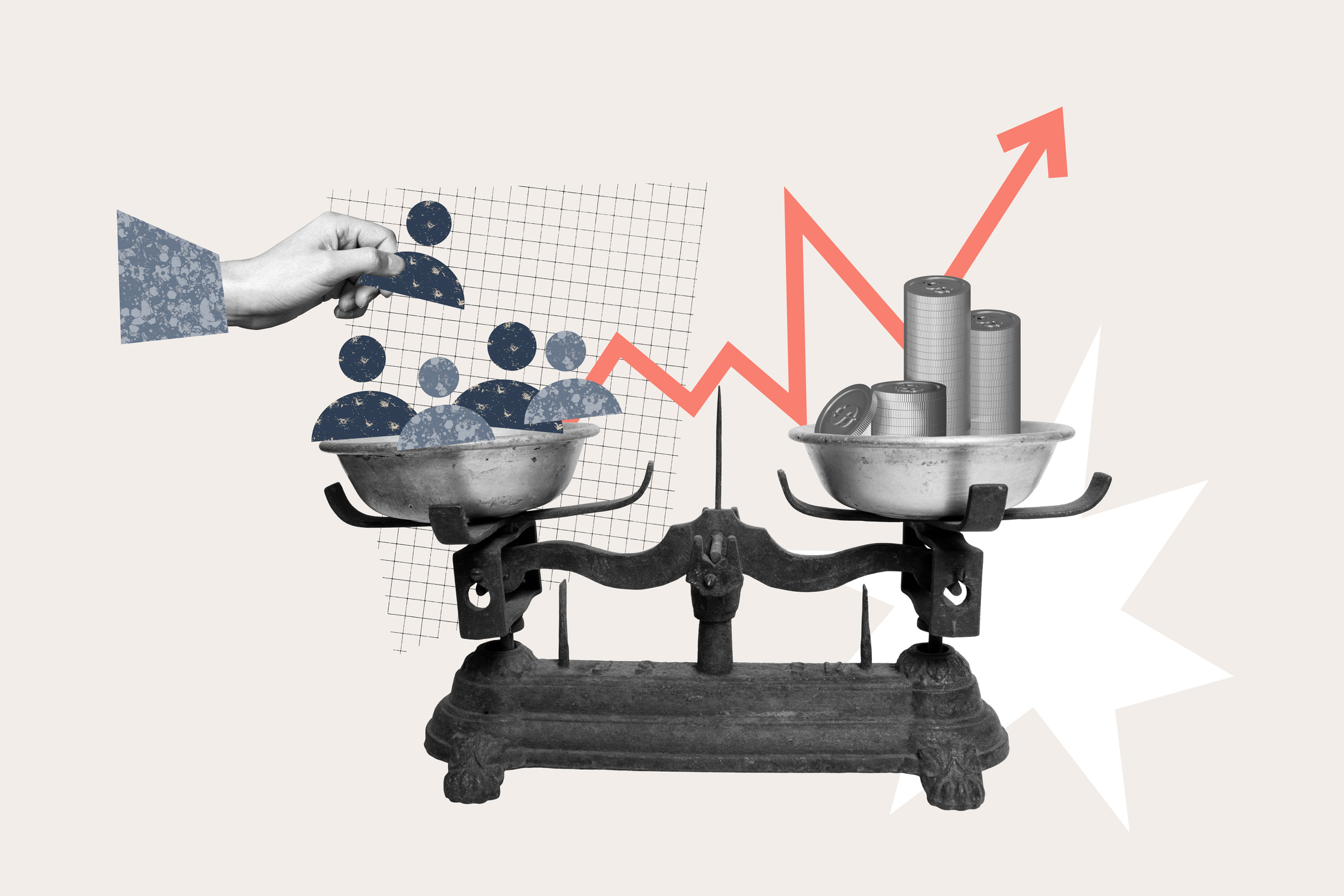Greetings from Connecticut – the only state to adopt an income tax in the past 34 years. People of Washington, before you vote on an income tax for your state, consider what happened in Connecticut.
The year was 1991. The economy was in recession, the state budget faced massive shortfalls, and rather than make tough choices about cutting spending, the politicians and public labor unions wanted more revenue. Sound familiar?
After a protracted budget fight, the legislature and governor agreed to a 4.5 percent flat income tax in exchange for modest cuts to state sales and business taxes and a spending cap to slow the future growth of government. Despite the promises, reality turned out quite differently. Spending shot up, the cap was abandoned, deficits returned when the economy weakened, and politicians started raising the tax rate. For twenty years, Connecticut has been in the economic doldrums. Ten percent of the population moved to other states, following the jobs that left. Connecticut has had zero new job creation in two decades.
Based on what happened in Connecticut, here is what Washington can expect should you adopt an income tax. At first, the tax will work remarkably well in terms of revenue generation. Because state income taxes piggy-back on federal withholding, they are incredibly efficient collectors. Connecticut state government was soon awash in record surpluses, despite much higher spending. There was so much money the governor ordered rebate checks sent to taxpayers – in an amazing coincidence of timing – just before an election.
But the tax that was sold as a means of providing steady and predictable revenue, regardless of the economy, proved as vulnerable to recession as the previous tax structure had been. When the economy slowed, deficits quickly returned and politicians started raising the tax. In 2003, the top rate rose to five percent. In 2009, it rose to 6.5 percent.
Today, the top six percent of Connecticut taxpayers pay more in income taxes than the bottom 94 percent combined. Progressivity came at a high cost, though. When you tax something, you can expect to get less of it. When you tax a very small group of successful people – people who tend to create jobs – you can expect fewer of them. This is not because they will stop being successful, but because a portion of them will choose to continue being successful somewhere else.
When Connecticut adopted its income tax, the state gave up a huge competitive advantage over neighboring Massachusetts, New York, and New Jersey. Absent that advantage, Connecticut has lost one in ten residents in net population migration to other states. People are voting with their feet – and their U-Haul vans.
This is especially true of the affluent, many of whom already have second homes, typically in other states, and choices about where they reside for tax purposes. Tax data indicates that those who moved out of Connecticut have significantly higher incomes than the fewer who move in. Those who remain pay higher taxes to make up the difference.
Population loss hurts in non-economic ways, too. As Yogi Berra might have said, it is hard to see the people who aren’t here. There are one in ten fewer Rotarians, one in ten fewer youth sports coaches, one in ten fewer volunteers giving time to local non-profits. Young people are less likely to live in the communities where they grew up. Grandparents live further from their grandchildren. The income tax has led to a huge loss of social capital that is hard to measure but nonetheless real.
One of the most popular movies in 1991 was Terminator II, in which actor Arnold Schwarzenegger goes back in time to ensure a better future. Connecticut wishes it could go back to 1991 to correct a mistake it made. Washington doesn’t have to repeat the same mistake.
Fergus Cullen is Executive Director of the Yankee Institute, a free-market think tank in Hartford, Connecticut. fergus@yankeeinstitute.org.




